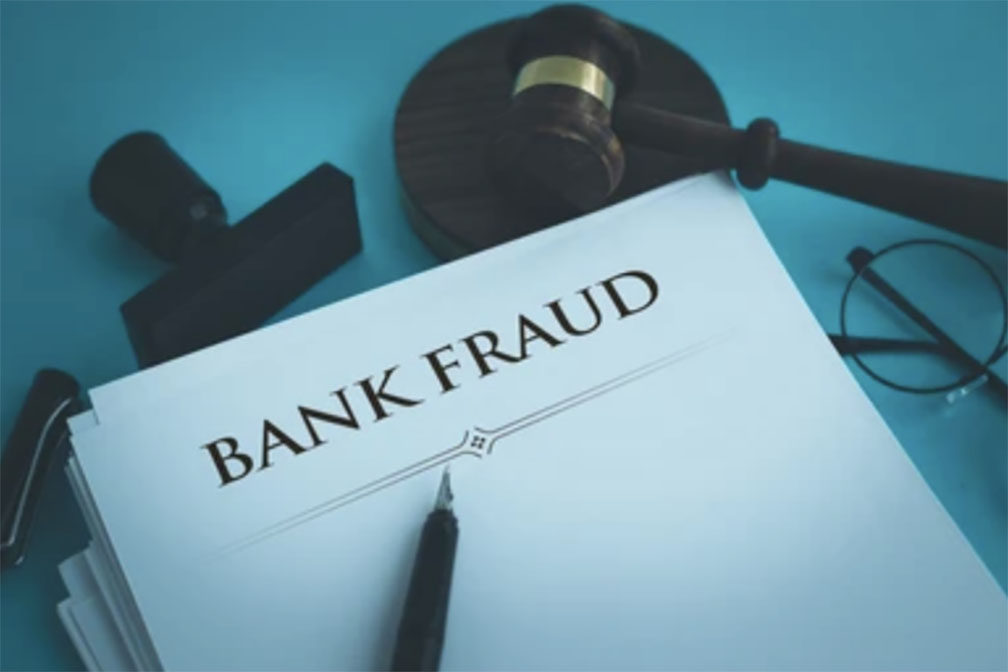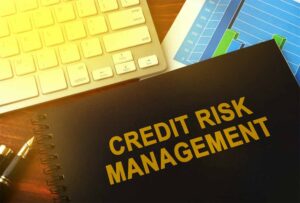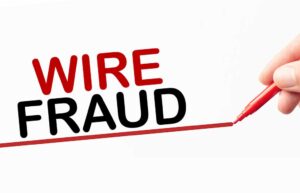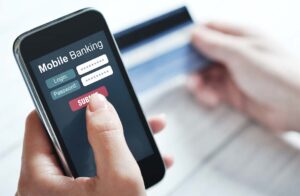You don’t have to be a banking professional to know that there’s a lot of fraud and scams out there. The truth is that fraudsters constantly try to get into your bank account, credit card, or other financial accounts. How do they do it? They might call you pretending to be with your bank or credit card company, or they could send emails with links to phishing websites that try to steal your information.
Fortunately, there are ways you can prevent these kinds of scams. If they do happen, there are steps you can take to report them and protect yourself from future fraud attempts.
In this article, we’ll walk through the process of reporting fraud so your company can keep its clientele safe from scammers and other criminals who want access to their account information.
Common types of bank fraud
Before we get into the steps for reporting fraud, it’s important to understand what exactly bank fraud is.
Bank fraud occurs when someone misuses a person’s personal or financial information by using their identity to commit crimes such as identity theft, credit card fraud or check fraud. The Federal Trade Commission (FTC) estimates that American consumers reported losing more than $5.8 billion to fraud in 2021, an increase of more than 70 percent over the previous year. If this happens to you, reporting the crime will help stop the perpetrator from doing it again and ensure they face consequences for their actions.
Bank fraud can be committed in many different ways depending on who the perpetrator is and where their intentions lie:
- Identity theft: Someone uses your personal information (like your Social Security number) to open new accounts or make purchases without you knowing about it
- Credit card fraud: Someone uses your credit card without permission or steals cash from an ATM machine using someone else’s credentials
- Check fraud: People use forged checks that were made out in their name or steal checks from mailboxes and then alter them before depositing them into someone else’s account
- ATM/debit card skimming: Thieves attach a false device onto an ATM machine or hand-held debit card reader that stores information when users insert their card into it during financial transactions, allowing criminals access to their accounts later on.
Step-by-step guide to reporting bank fraud
Your bank is your financial security blanket. You trust it to keep your money safe, and you trust that the institution will do everything possible to keep fraud and other illegal activities at bay. But what if they don’t? What if something happens that you didn’t see coming, or that you didn’t know how to report?
Banking fraud can be scary, but you must know how to report it when you need to. There are several reasons why someone might report bank fraud.
For example:
They may have been the victim of identity theft and discovered that their account had been compromised.
It’s important to know how to handle these situations. Here’s a step-by-step guide on how to report bank fraud.
Identify the fraud
The first step is to identify the fraud. You may be able to tell right away that something is off when a customer comes into your branch or office with a suspicious story. But sometimes, it takes more time and investigation before you can be sure that something illegal is going on.
If you’re unsure whether or not a situation qualifies as fraud, ask yourself these questions: Is there any way it could be true? If so, how would I know if what they’re saying is true? If not—or even if it seems like there might be some truth to it—do they have enough evidence to convince me beyond a reasonable doubt?
Report Financial Crimes and Fraudulent Activities:
Once you’ve identified potential fraud and determined that it’s actually happening, report it as soon as possible. The sooner you report the fraud, the more likely it is that you’ll be able to stop it from happening again.
Contact the police or your local FBI office. These agencies compile individual complaints into databases used by law enforcement agencies to detect patterns of criminal activity, to open investigations, and to pursue prosecutions.
File a complaint
Federal agencies compile individual complaints into databases used by law enforcement agencies to detect patterns of criminal activity, to open investigations, and to pursue prosecutions.
These include:
Learn more about bank fraud
When you’re a banking professional, you know that fraud is serious business. It can cost your financial institution millions of dollars—and it’s not just banks that are vulnerable. Credit unions, money service businesses, and other financial institutions are also susceptible to fraud.
That’s why we offer our Certified Fraud Specialist course at BankersHub: so you can get up-to-date on all things fraud-related. This course will teach you everything from recognizing the signs of fraudulent activity to understanding how policies can be changed to protect against future incidents. We’ll cover everything from how to spot potential fraudsters to what happens when you do report them.
You’ll learn about:
- The different types of fraud and how they can affect your institution
- What information you need in order to report a case of fraud
- How long it takes for cases to be investigated
- Who works on these investigations
- What happens once an investigation has been completed
- What happens if someone is found guilty of committing fraud against your institution
- and much more!
Bank fraud is a serious crime that can take many forms. Fraud is so rampant in the banking industry that it’s essential for everyone in the sector—from senior executives to entry-level workers—to understand what types of fraudulent practices are most common, and how best to prevent them from happening again.








